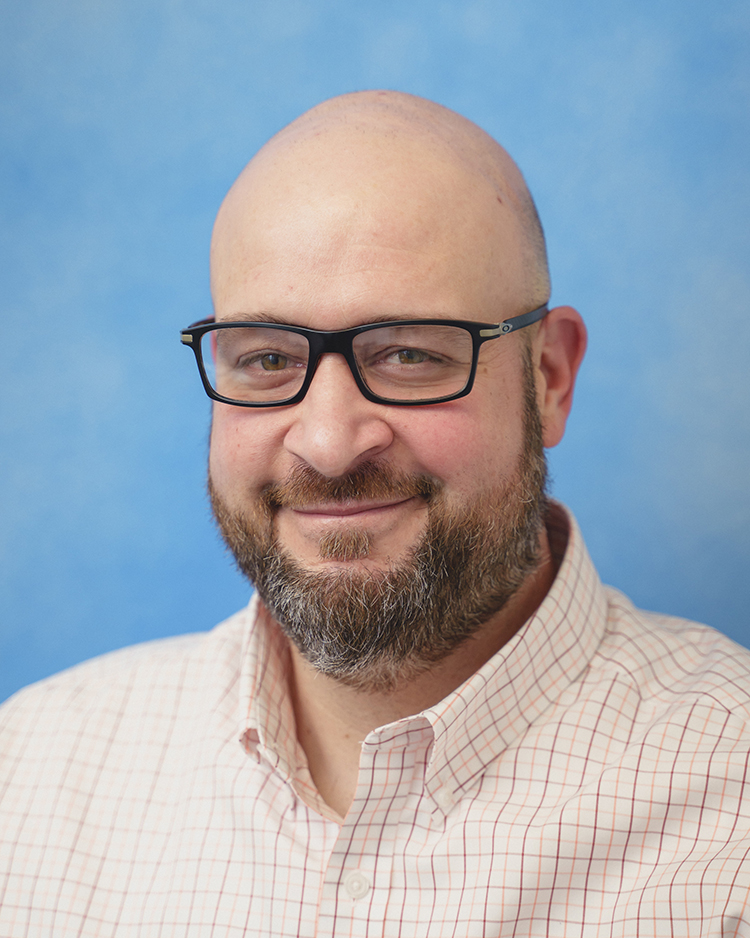News
The Wright Center and Wayne County Drug and Alcohol Commission supporting state effort to put overdose-reversing medicine within reach
To help reduce opioid-related deaths in the region, The Wright Center for Community Health is participating in a state-led initiative to distribute free overdose-reversing medication and other harm-reduction supplies.
Individuals can receive naloxone kits – a potentially life-saving medicine that is approved by the U.S. Food & Drug Administration – and drug-checking strips by visiting The Wright Center for Community Health – Hawley, 103 Spruce St. The practice is open from 8:30 a.m. to 5 p.m. Monday through Friday. It is not necessary to be a Wright Center patient or to provide ID.
Similarly, people can get kits and supplies during business hours at the Wayne County Drug and Alcohol Commission office, 318 Tenth St., Honesdale. The commission has partnered with The Wright Center to assist in distributing the items and promoting training opportunities to ensure that people know how to properly use them.
The Wright Center is one of many approved, community-based distribution sites, officially known as “recognized entities,” that will receive the supplies at no cost through the Pennsylvania Overdose Prevention Program (POPP). The program was launched in mid-2023 as a joint initiative between the Pennsylvania Commission on Crime and Delinquency and the Pennsylvania Department of Drug and Alcohol Programs.
POPP offers multiple formulations of naloxone as well as drug-checking strips. The strips are designed to detect xylazine and fentanyl, potent substances that are sometimes mixed with other drugs and can increase the risk of overdose.

Scott Constantini, associate vice president of primary care and recovery services integration at The Wright Center for Community Health
“Naloxone is a life-saving medication that can reverse the effects of an opioid overdose,” said Scott Constantini, associate vice president of primary care and recovery services integration at The Wright Center for Community Health. “At this phase of the ongoing epidemic, it makes sense for more people to have naloxone kits in the event of an emergency with a family member, friend, coworker, or stranger. You never know when you can save a life.”
Jeffrey Zerechak, director of the Wayne County Drug and Alcohol Commission, noted the epidemic’s hard-hitting impact on the Northeast region, especially in rural areas where treatment options might be limited and stigma prevents some people from seeking care. “We encourage anyone in Wayne County who needs help to please stop by our office or call us. Don’t wait any longer. Addiction is an illness that only gets worse over time.”
The opioid epidemic, which has claimed the lives of about 14,000 Pennsylvanians in the past three years, continues to ravage communities and families. By increasing access to harm-reduction supplies, state health officials and others hope to limit fatalities and link more people who use drugs to effective treatment programs.
Evidence suggests that providing access to naloxone does not lead to more or riskier drug use. Rather, people revived by the medication might find that the near-death experience serves as a wake-up call, compelling them to seek help and maintain recovery.
The Wright Center for Community Health, a Scranton-based provider of whole-person primary health services, is committed to helping individuals with substance use disorder. The Wright Center became a state-designated Opioid Use Disorder Center of Excellence in 2016. Since then, it has provided outpatient addiction treatment and recovery services, including medication-assisted treatment, to thousands of people in Northeast Pennsylvania. To learn more about the services available through its Center of Excellence, call 570-230-0019 or visit TheWrightCenter.org/services/coe.
For more information about naloxone access at The Wright Center for Community Health’s locations and other regional distribution sites, go to TheWrightCenter.org/naloxone-access.
To connect with the Wayne County Drug and Alcohol Commission, visit its website or call 570-253-6022.








